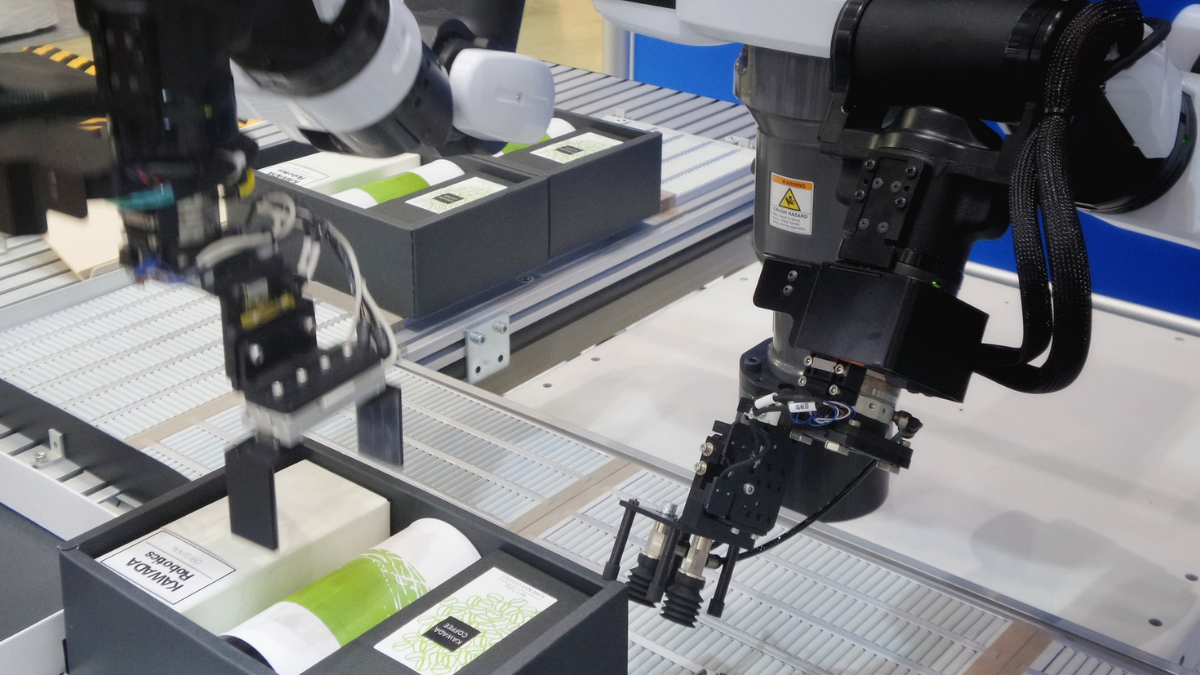A new study has shown that Australians are generally unwilling to sign off on wide-spread use of Artificial intelligence (AI), with less than a quarter of those surveyed approving of the growing technology.
The study, conducted by the University of Queensland in partnership with KPMG, shows while 42 per cent generally accept it only 16 per cent approve of AI. More than half of Australians know little about AI and many are unaware that it is being used in everyday applications, like social media.
“The benefits and promise of AI for society and business are undeniable,” said Professor Nicole Gillespie, KPMG Chair in Organisational Trust and Professor of Management at the University of Queensland Business School.
“AI helps people make better predictions and informed decisions, it enables innovation, and can deliver productivity gains, improve efficiency, and drive lower costs. Through such measures as AI-driven fraud detection, it is helping protect physical and financial security – and facilitating the current global fight against COVID-19.”
But Professor Gillespie said that the risks and challenges AI poses for society are equally undeniable. These include the risk of codifying and reinforcing unfair biases, infringing on human rights such as privacy, spreading fake online content, technological unemployment and the dangers stemming from mass surveillance technologies, critical AI failures and autonomous weapons.
“It’s clear that these issues are causing public concern and raising questions about the trustworthiness and regulation of AI. Trust in AI systems is low in Australia, with only one in three Australians reporting that they are willing to trust AI systems. A little under half of the public (45 per cent) are unwilling to share their information or data with an AI system and two in five (40 per cent) are unwilling to trust the output of an AI system (eg a recommendation or decision).”
She said that the report findings also highlighted that most Australians do not view AI systems as trustworthy – however, they are more likely to perceive AI systems as competent than designed to operate with integrity and humanity. While many in the community are hesitant to trust AI systems, Australians generally accept (42 per cent) or tolerate (28 per cent) AI, but few approve (16 per cent) or embrace (7 per cent) AI.
Professor Gillespie said a key insight from the survey shows the Australian public is generally ambivalent in their trust towards AI systems: “If left unaddressed this is likely to impair societal uptake and the ability of Australia to realise the societal and economic benefits of AI at a time when investment in these new technologies is likely to be critical to our future prosperity. The report provides a roadmap for what to do about this,” she said.
Four key drivers of trust in AI
The report emphasises four key drivers that influence Australian’s trust in AI systems:
- Adequate regulation – beliefs about the adequacy of current regulations and laws to make AI use safe.
- Impact on society – the perceived uncertain impact of AI on society.
- Impact on jobs – the perceived impact of AI on jobs.
- Understanding of AI – the familiarity with and extent of understanding of AI.
“Of these drivers, the perceived adequacy of current regulations and laws is clearly the strongest,” said Professor Gillespie. “This demonstrates the importance of developing adequate regulatory and legal mechanisms that people believe will protect them from the risks associated with AI use. Our findings suggest this is central to shoring up trust in AI.”
She noted that one reason for the lack of confidence in commercial organisations to develop and regulate AI may be that people think such organisations are motivated to innovate to cut labour costs and increase revenue, rather than to help solve societal problems and enhance societal wellbeing.
“About three quarters (76 per cent) of the public believe commercial organisations innovate with AI for financial gain, whereas only a third (35 per cent) believe they innovate with AI for societal benefit,” said Professor Gillespie. “That opens up an opportunity for business to invest in and better communicate to Australians about how they are using AI and emerging technologies to create mutual benefit and societal good.”
Keep up to date with our stories on LinkedIn, Twitter, Facebook and Instagram.

